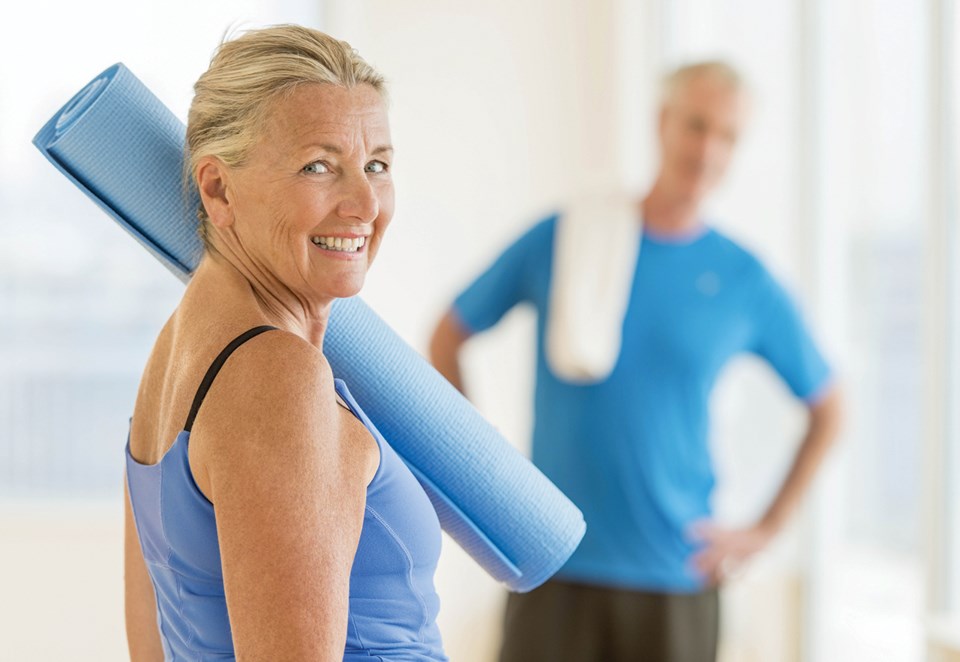In an ideal world, people young and old exercise each day. But as men and women age, finding time to work out is not so easy.
Commitments to work and family often take precedence over daily exercise. As a result, many people 50 and over might not have exercised regularly or at all in many years. But as children grow up or even move out, people facing down their golden years are often compelled to get back in the gym. That’s a wise decision that can increase a person’s chances of С����Ƶ healthy and happy in retirement. But before beginning a new exercise regimen, men and women over 50 should take heed of the following safety tips to ensure their efforts are not derailed by accident or injury.
• Speak with your physician. The National Institute on Aging notes that even people with chronic conditions such as heart disease, diabetes or arthritis can be physically active. However, anyone with such a condition and even those who don’t fall into those categories should consult with their physicians and receive a full physical before exercising. Such a consultation and checkup can shed light on any unknown issues, and physicians can offer advice on how to safely manage any problems that may arise.
• Begin with low-intensity exercises. Even if you feel great and have maintained a healthy weight, don’t push yourself too hard at the start. Your body needs time to adjust to physical activity, so choose low-intensity exercises like walking and light strength training so your muscles, tendons and ligaments can adjust. Initially, exercise every other day so your body has ample time to recover between workouts.
• Choose the right places to exercise outdoors. Exercising outside provides the best of both worlds for many people, providing a chance to get healthy all while enjoying the great outdoors. When exercising outdoors, choose areas that are not remote and where others can see you and offer help if you suffer an injury or have an accident. Boardwalks, public parks and outdoor gyms are safer places to work out than wooded areas or other places well off the beaten path.
• Stay hydrated. Many people lose their sense of thirst as they age. But just because you aren’t thirsty does not mean you don’t need water, especially while exercising. Water regulates body temperature and lubricates the joints, thereby decreasing your risk of injury during exercise.
Exercising after 50 can help people live healthy well into retirement. But caution must be exercised when aging men and women return to exercise after a long break.




